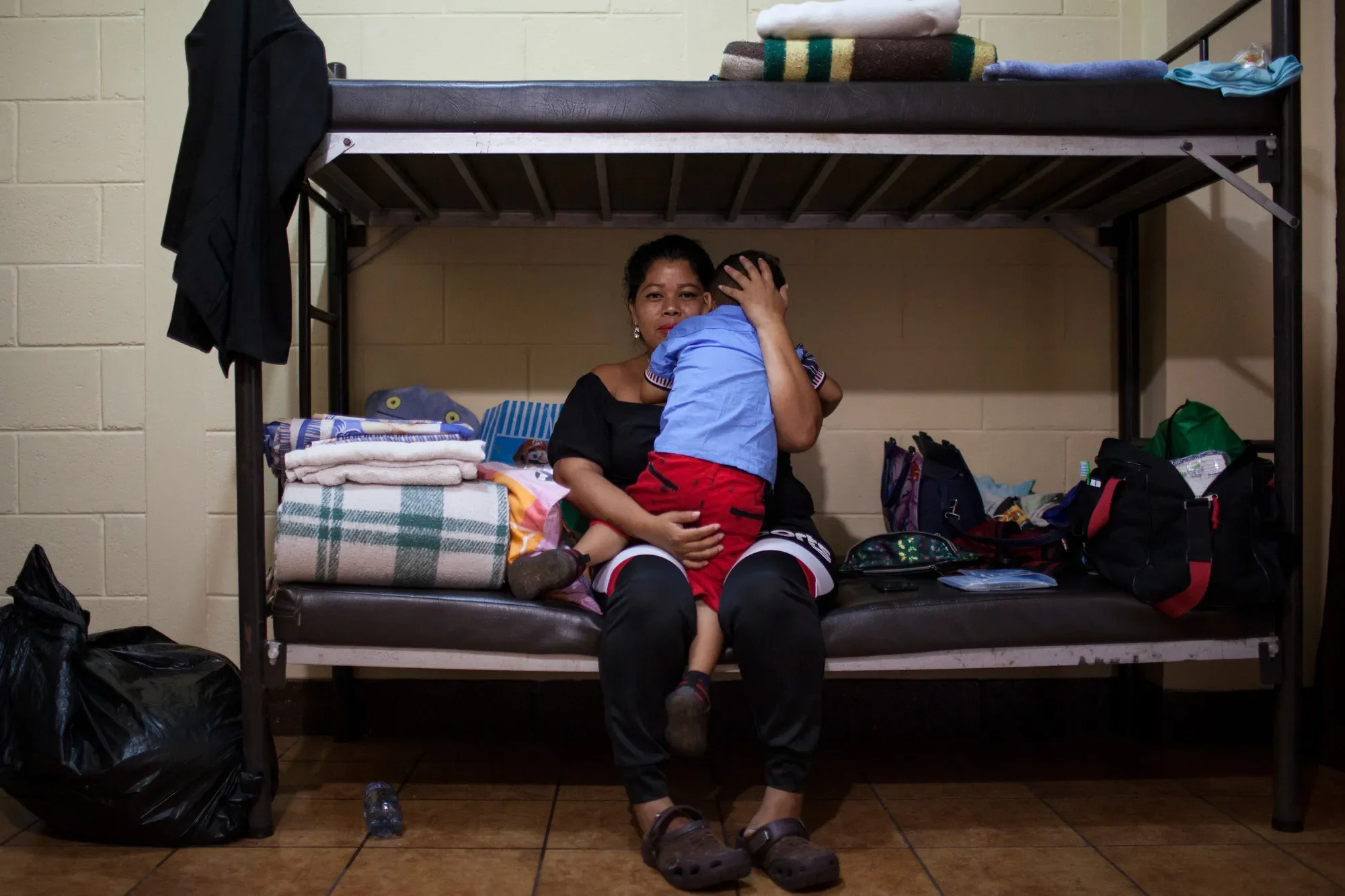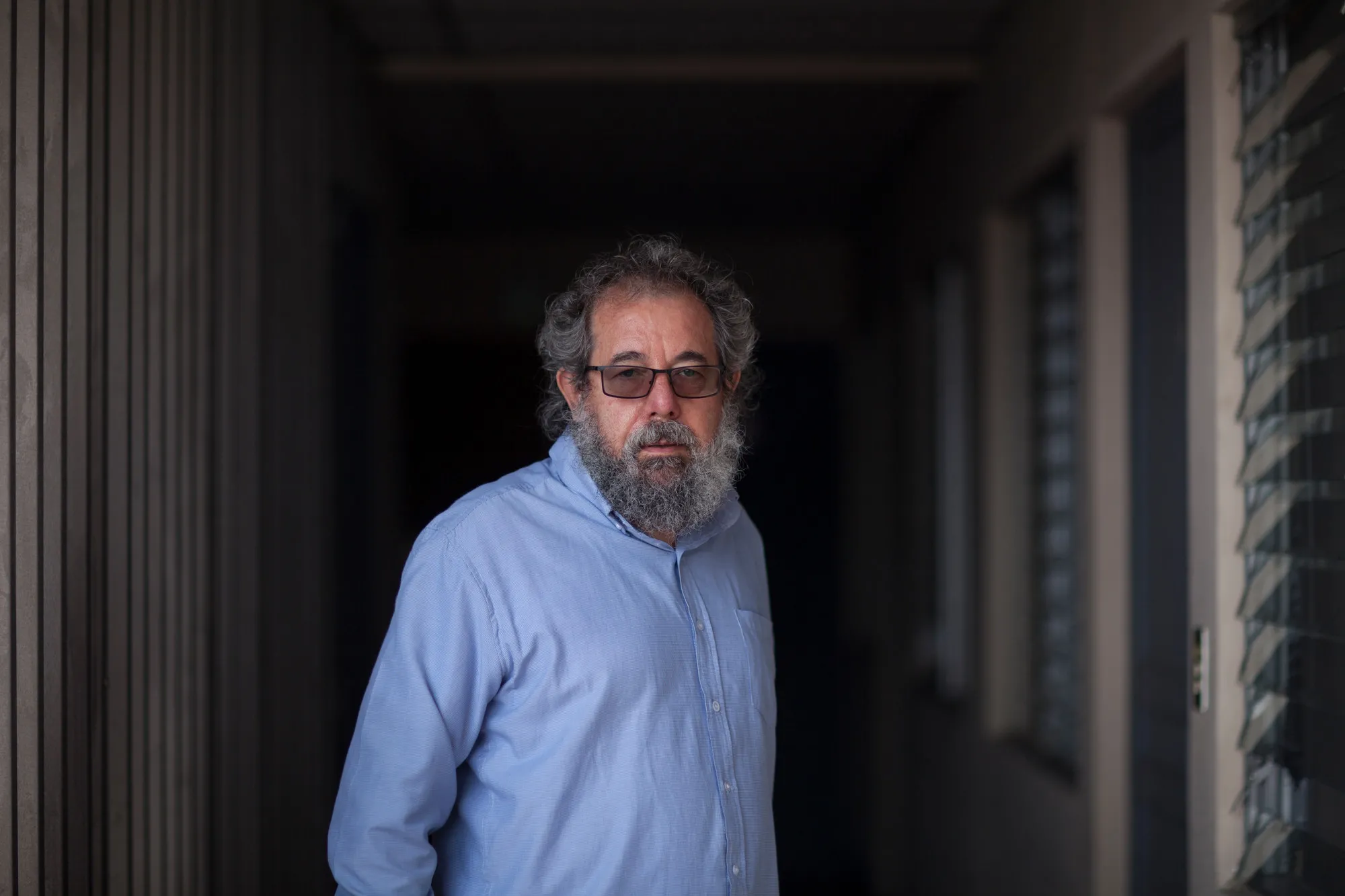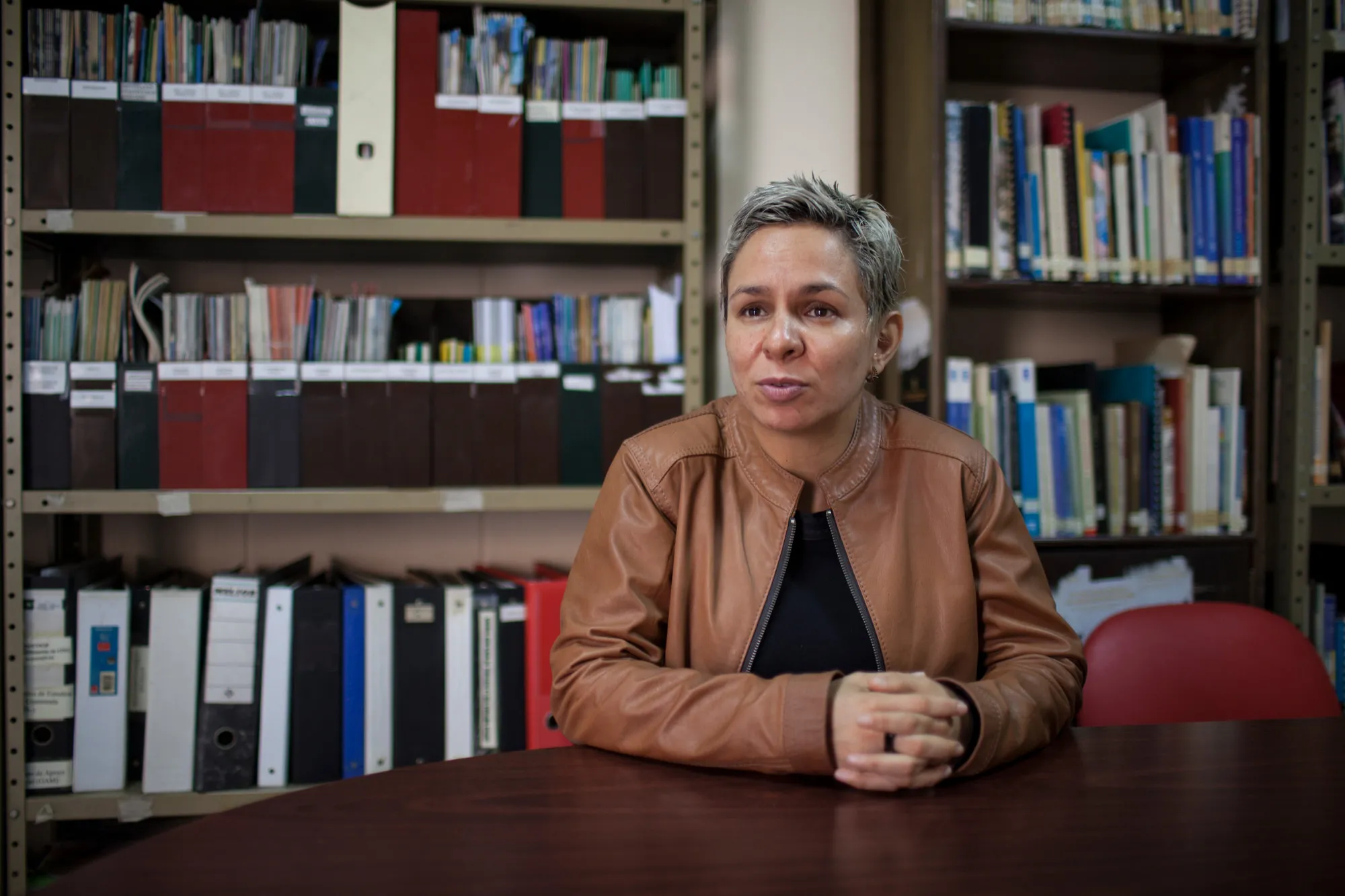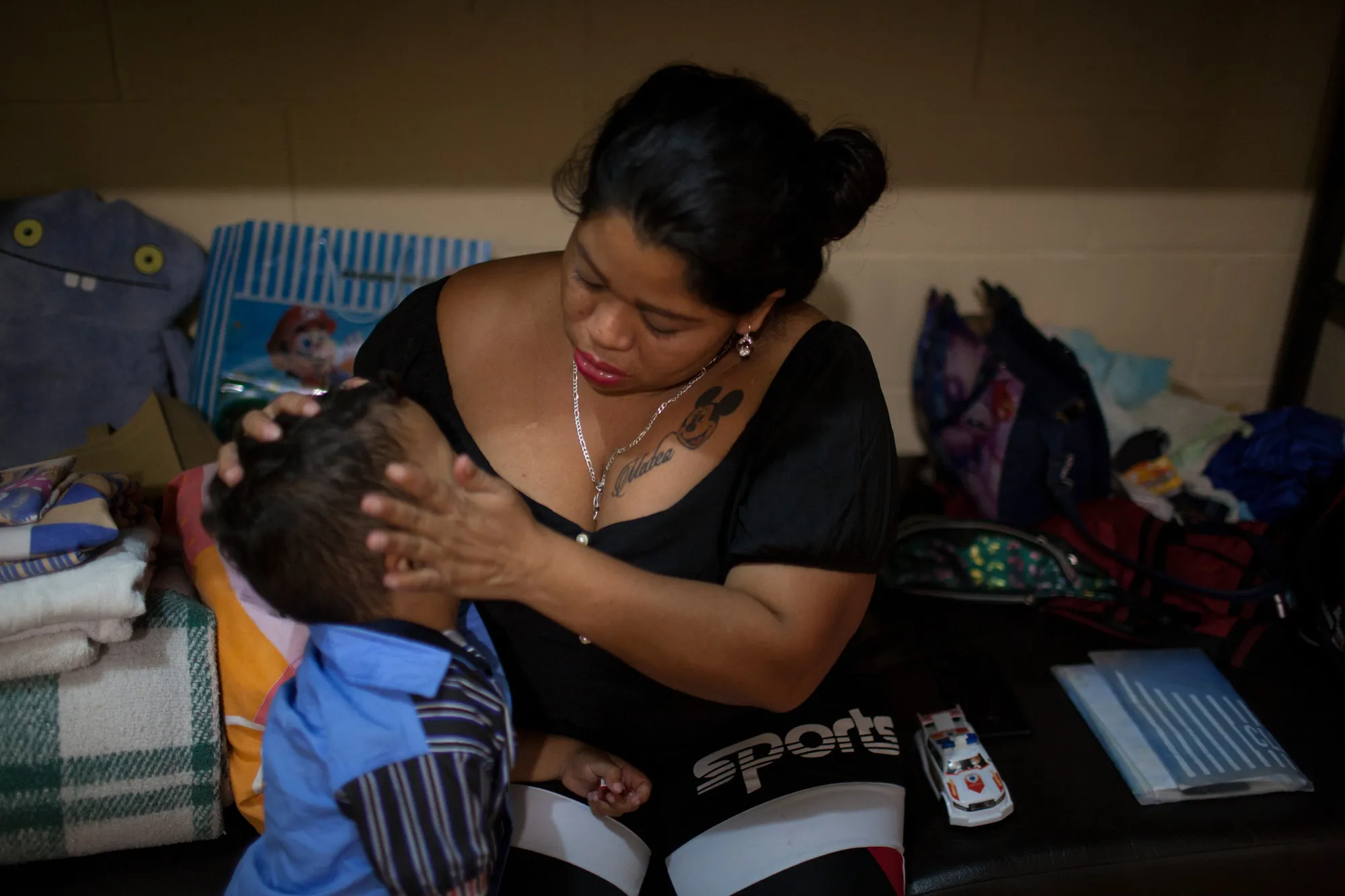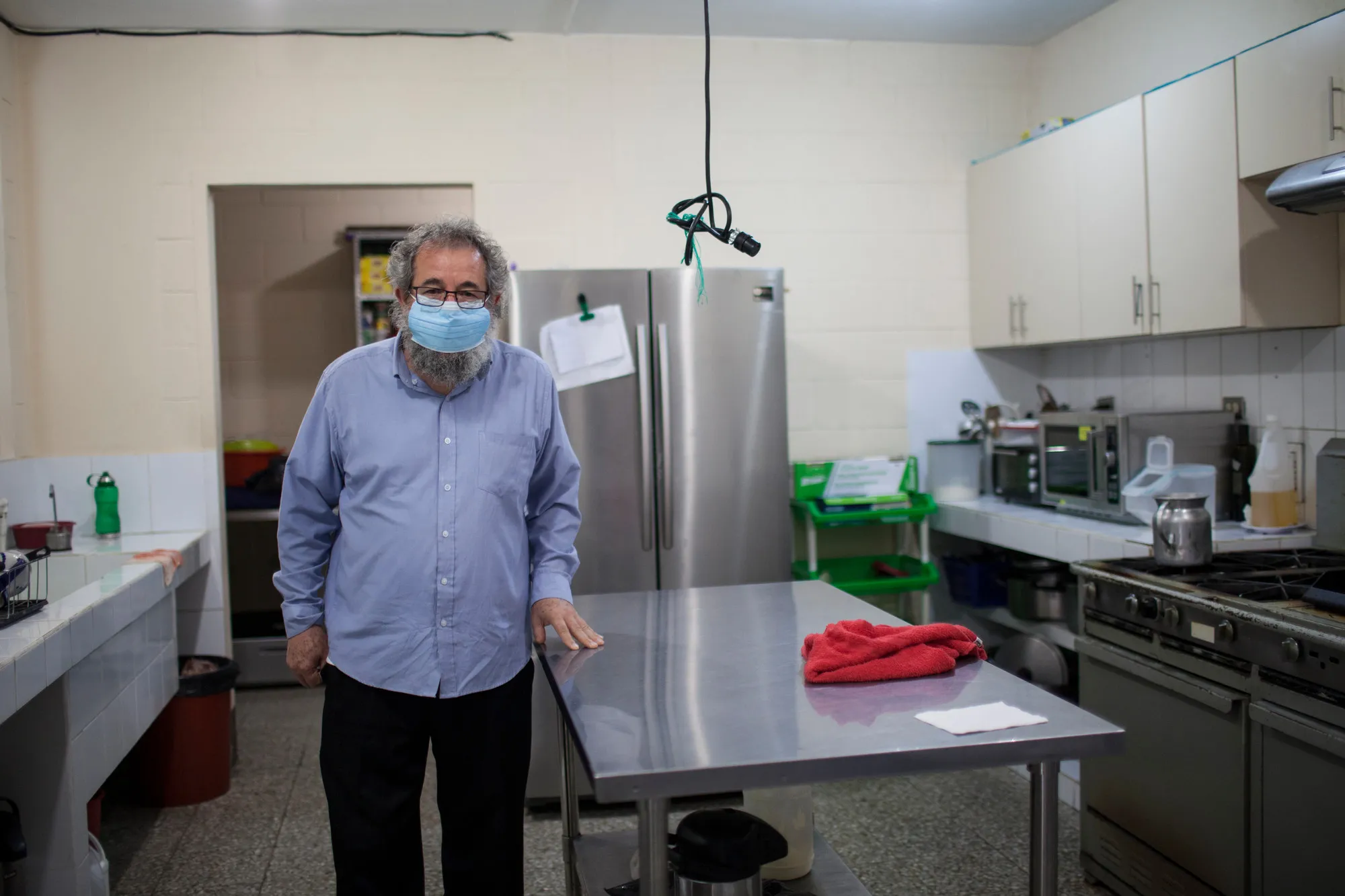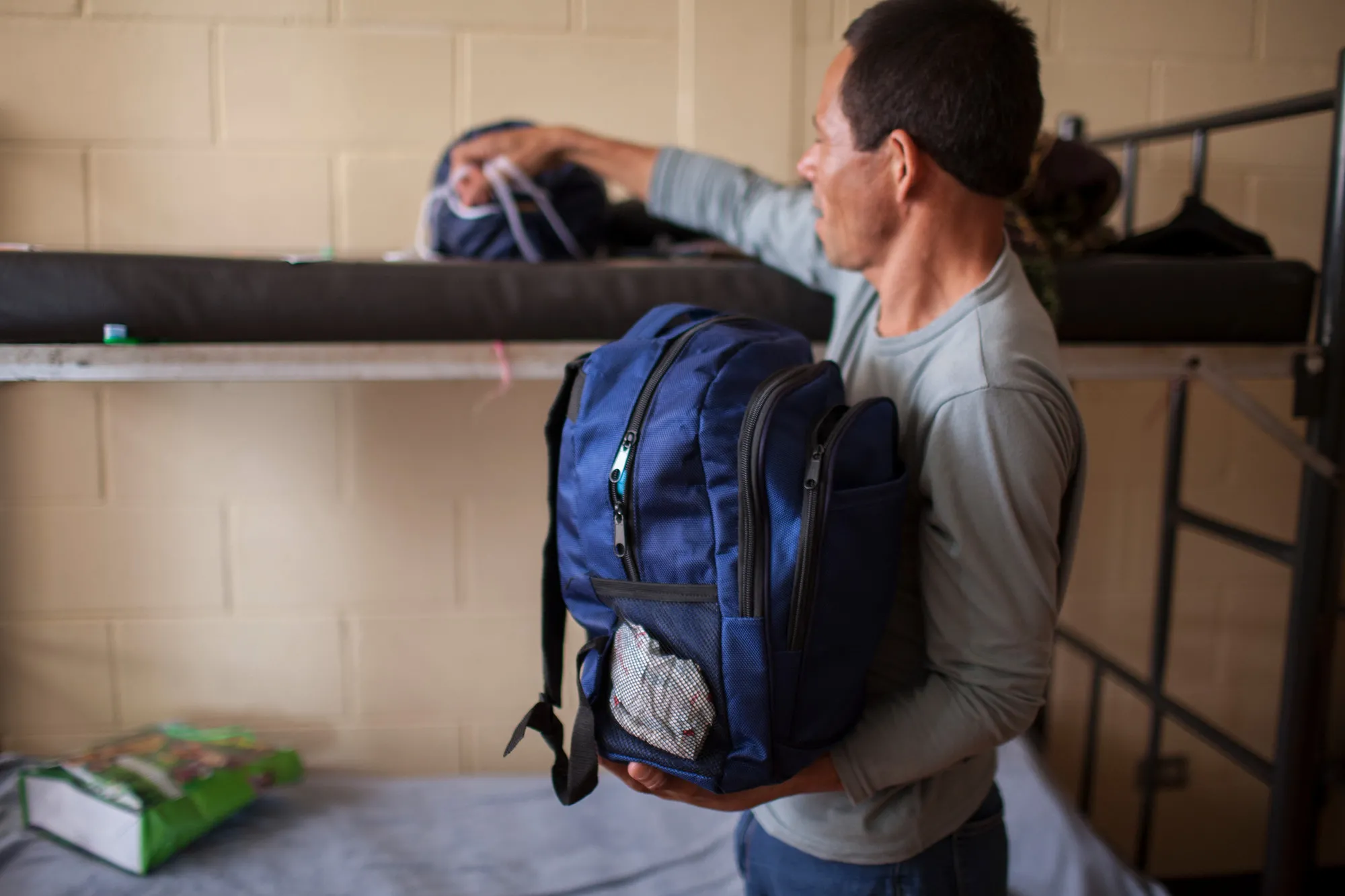As numbers of migrants from Central America to the U.S. and Mexico continue to increase, local organizations in countries such as Guatemala and El Salvador are working to provide support as well as help build up livelihoods and opportunities to help people avoid having to make the difficult, and often perilous, decision to migrate.
Casa del Migrante (Migrants’ House) in Guatemala City, provides assistance to migrants who are passing through, as well as asylum seekers, internally displaced people, deportees, and returnees from the United States and Mexico. The organization has assisted over 50,000 migrants since 2018 — 3,000 in 2021 so far.
CARE has been supporting Casa del Migrante’s work with hygiene and biosafety kits for people on the move at its facilities in Guatemala City and Tecún Umán on the Mexico border since the COVID-19 pandemic began.

